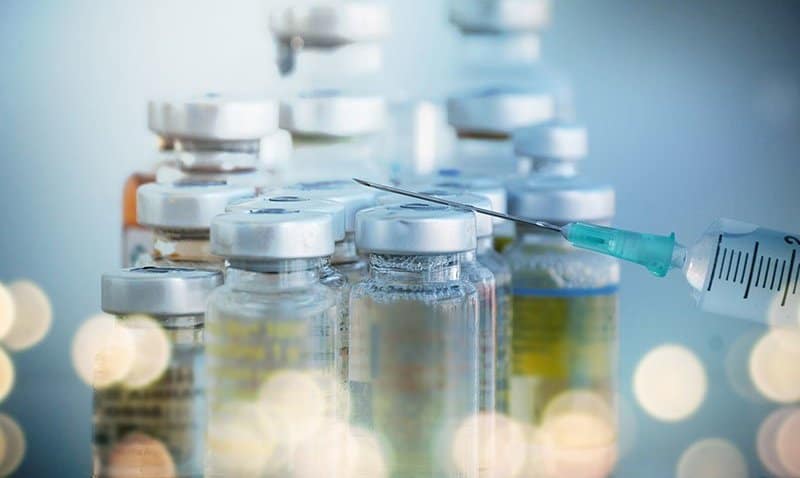John Mascola, M.D., director of the Vaccine Research Center at the National Institute of Allergy and Infectious Diseases, is retiring at the end of March after more than eight years at the helm, a stint that most notably included collaboration with Moderna on its COVID-19 vaccine.
In a statement, NIAID Director and President Joe Biden’s Chief Science Advisor Anthony Fauci, M.D., said, “While I will continue to enjoy his friendship and his wise counsel, I will greatly miss his leadership and vision at the VRC.”
Mascola joined the center in 2000 first as deputy director before shedding the deputy title in 2013. Prior to that, he was a research physician for seven years at the Walter Reed Army Institute of Research where he studied HIV immunology and vaccine development.
While leading the center, he oversaw the development of investigational vaccines and treatments for an array of diseases, including Zika, Ebola and malaria. The FDA-approved monoclonal antibody treatment for Ebola was developed in part by the center. The drug was ultimately licensed to Ridgeback Therapeutics.
But it was the VRC’s collaboration with Moderna on their COVID vaccine that thrust the center’s work into the spotlight, most notably the research of the Coronavirus Vaccines & Immunopathogenesis Team led by Kizzmekia Corbett, Ph.D., which allowed the NIH and Moderna to begin phase 1 trials 66 days after the virus’ sequence was released.
When the vaccine received emergency use authorization at the end of 2020, Moderna’s CEO Stephan Bancel credited the center for its years of research and preparation that “led to the discovery of the best way to make spike protein antigens that are being used in our vaccine and others.”
But the relationship between Moderna and the U.S. government has not continued to be so rosy, with Mascola at the center of the debate.
Last year, tensions rose over Moderna’s conclusion in a patent filing for the COVID vaccine that Mascola, Corbett and then-VRC deputy director Barney Graham, M.D., did not “co-invent” the mRNA sequence that ultimately spurs an immune response against the virus. Heightening frustrations was the fact that Moderna received $1.4 billion from the U.S. government to further develop and test the vaccine.
The patent had implications beyond just who received credit, with much of the debate centered on how much of a say the U.S. government had in who got to manufacture the vaccine. Around the same time, the World Trade Organization failed to coalesce around waiving intellectual property rights for the COVID vaccines.
Ultimately, Moderna announced in December that it was declining to further pursue the patent in the hopes that it could quell the heated debate.
Fauci says VRC deputy director Richard Koup, M.D., will run the center on an acting basis while the institute undergoes a nationwide search for a permanent replacement.

